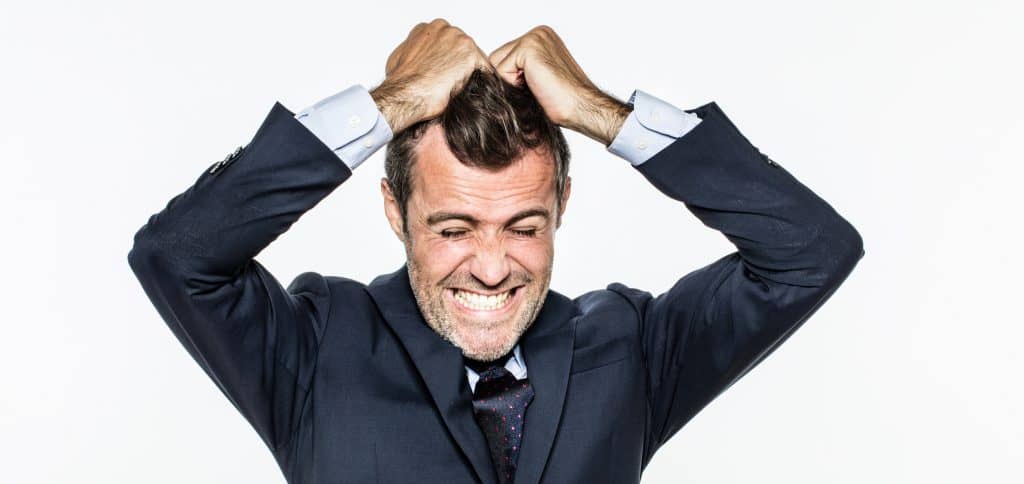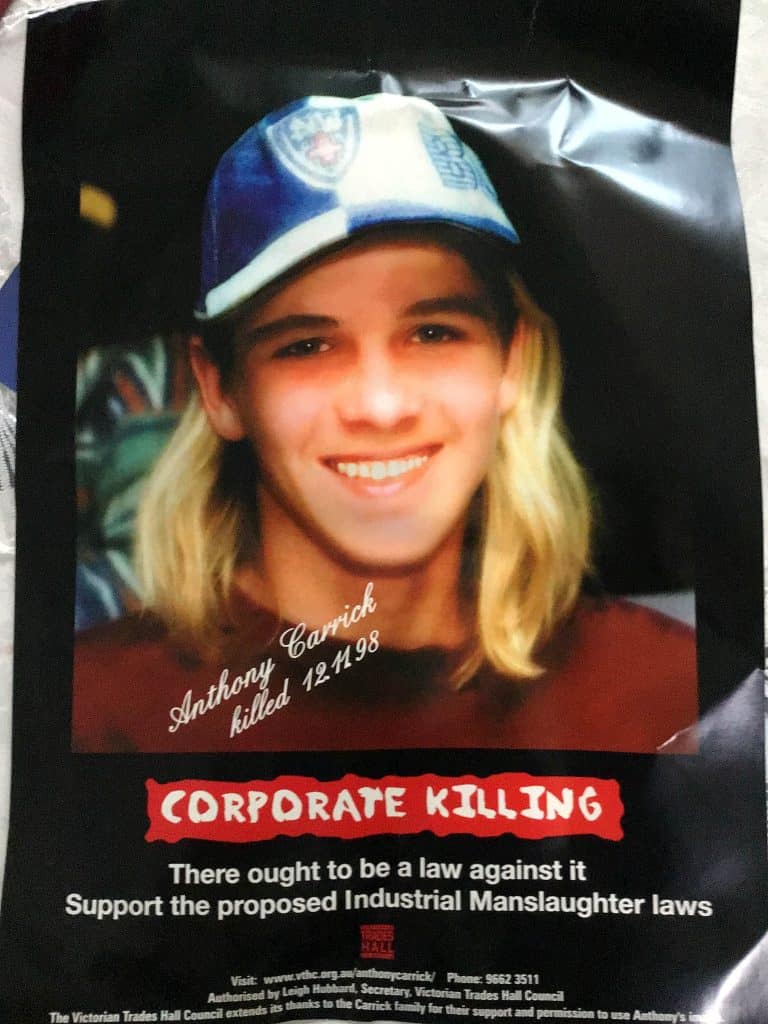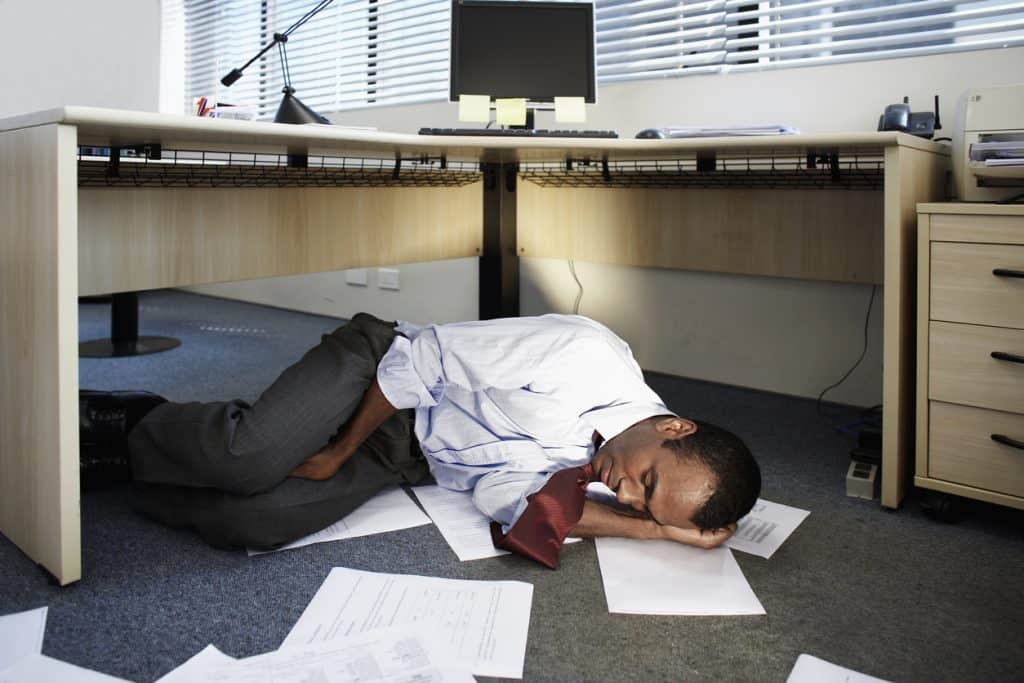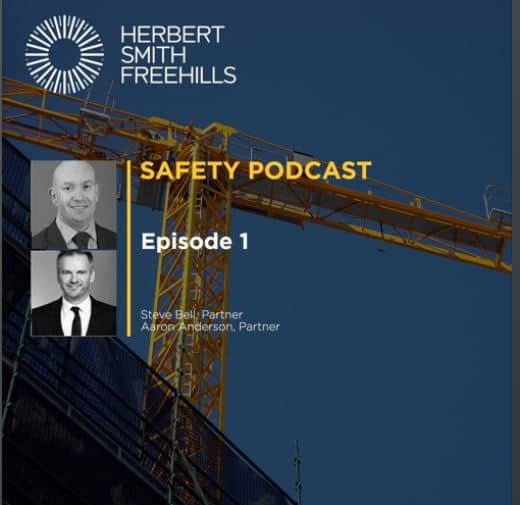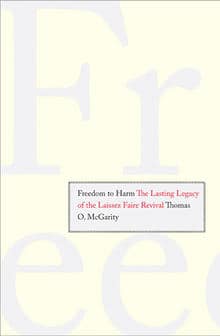This morning SafetyAtWorkBlog attended the launch of a whitepaper called “Creating shared Value: the business imperative to improve mental health in Australia” produced by the Shared Value Project. Just after the launch I had the opportunity for a quick interview with Shared Value Project CEO Helen Steel. Below is that audio as a short Safety At Work Talks podcast.
A longer article on the white paper and the comments of Victoria’s Minister for Mental Health, Martin Foley, at the launch will be available next week.

